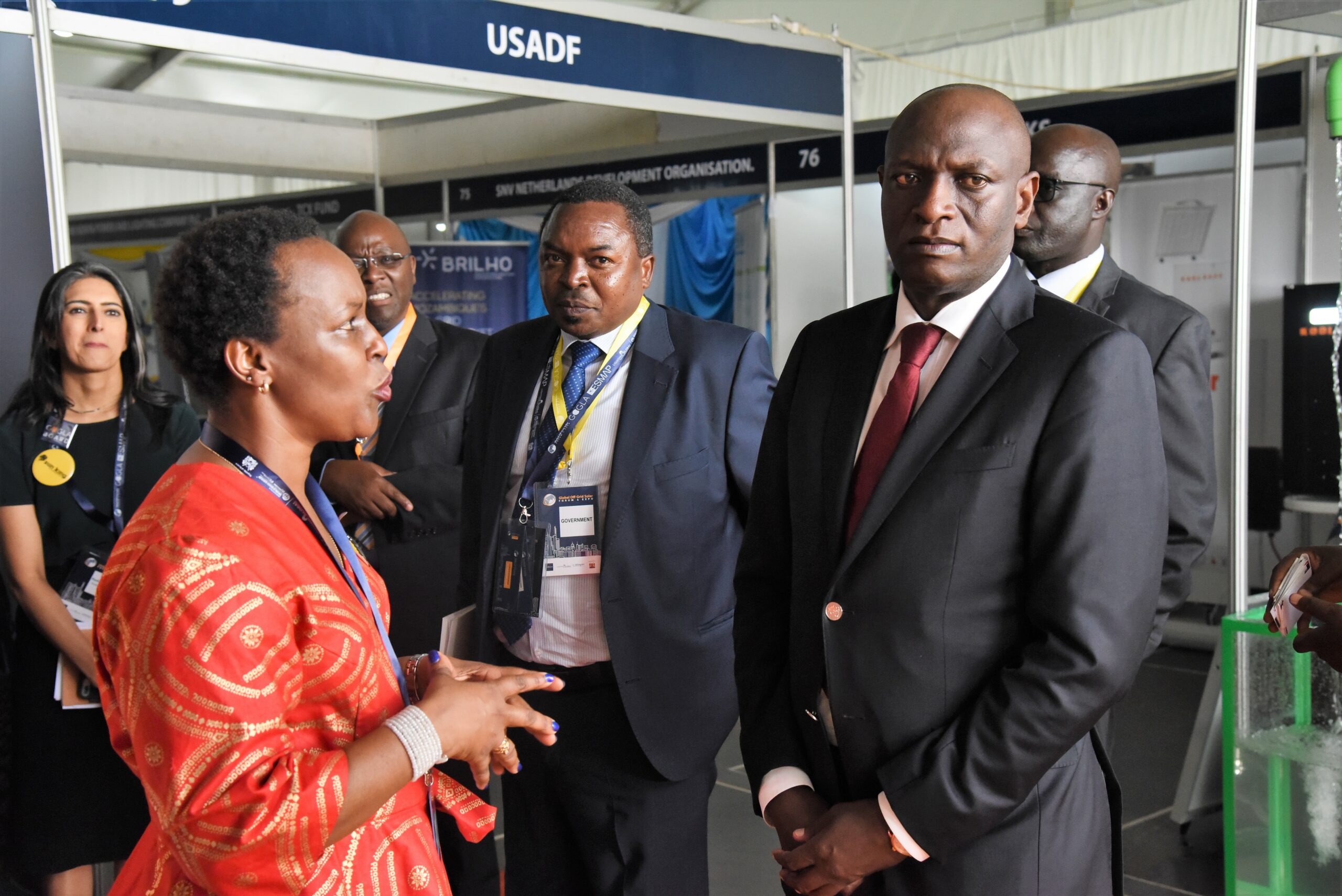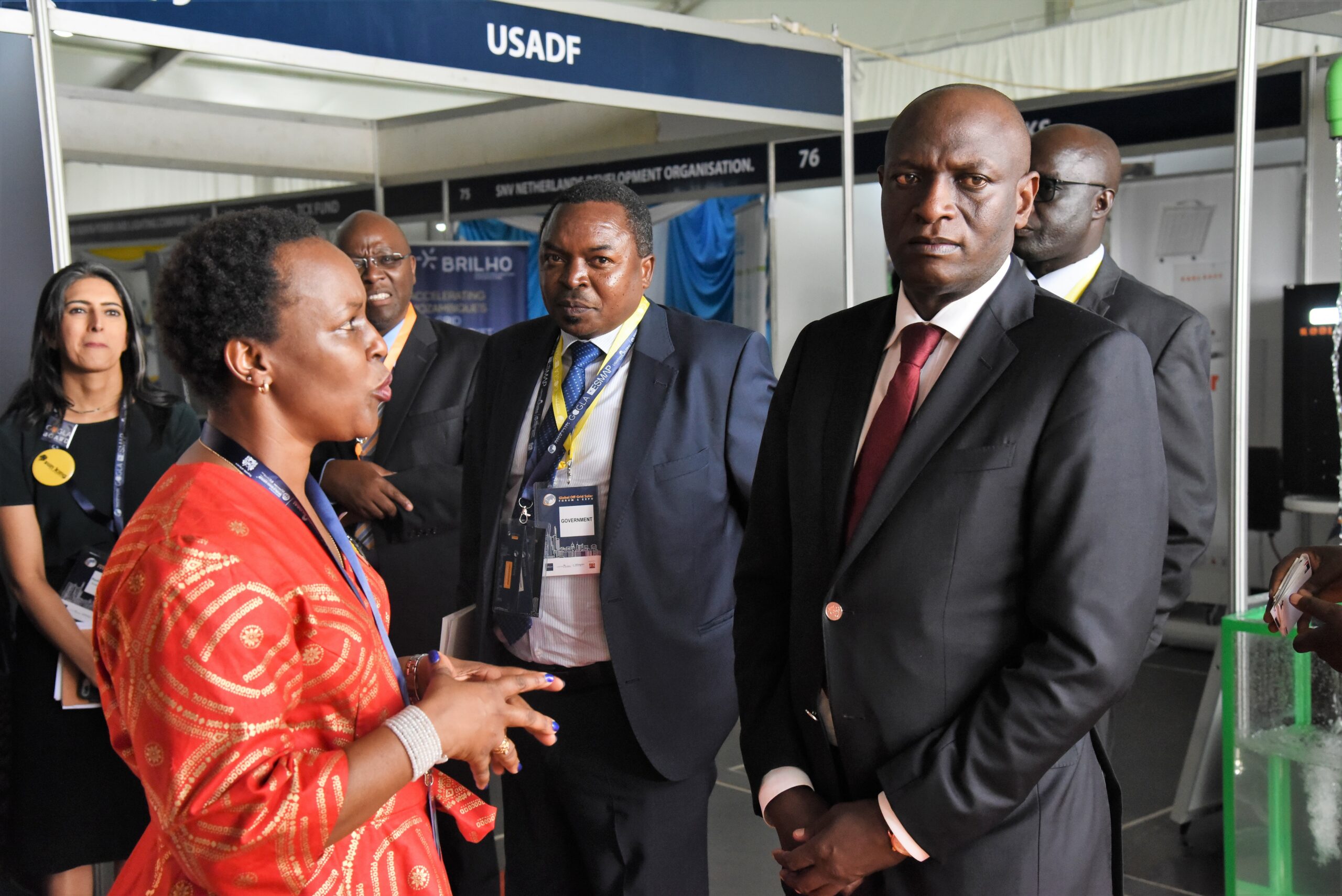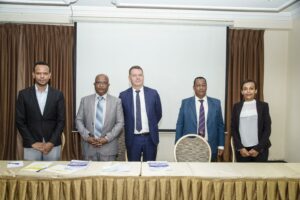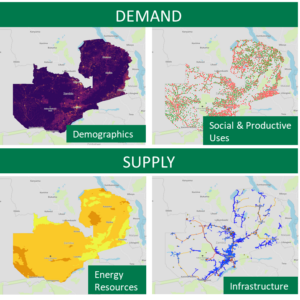2020: A year like no other – Pauline Githugu
We stepped into 2020 with plenty of optimism and with plans all laid out for a very productive year. The stand-alone solar sector was looking forward to conquer new territory, release new innovations, and to connect more consumers to clean energy in the race towards universal energy access for all by 2030.
The last hoorah was the very successful Global Off-grid Grid Forum held by the Global Off-Grid Lighting Association (GOGLA) in Nairobi in February bringing together close to 1000 participants from around the world for what would be the last face-to-face interaction. Thereafter the lights seemingly went off – momentarily.
![]()

![]()
Although the use of solar equipment to provide energy to drive machines or lighting has been in use for several years now, the use of the technology did not reach the mass market arguably until the introduction of the innovative Pay-As-You-Go (PAYGO) business model just about 10 years ago. So, it is fair to say that the industry has never experienced anything like what the Covid-19 pandemic has brought in its wake. Indeed, not just the industry but even as individuals we have not experienced this sort of situation all our lives (whether young or old) before.
On this unprecedented backdrop came the lock down for most countries, leading to a shut down in economies, massive loss of jobs through the shutting or scaling down of businesses, disruptions to the supply chains etc.
Amidst the gloom I wish to focus on the silver lining.. Firstly, the role of the off-grid sector in the pandemic was recognised through elevation as an essential service. This meant that off-grid companies could continue operations despite the lock downs to “keep the lights on” for millions of consumers who use their equipment. The ACE TAF Country Managers played a major role to advocate for this in various countries. This recognition was a major milestone for the industry for which we should all be proud of.
Secondly, the industry came together as one bringing together companies, associations, donors, development agencies and investors to deliberate on ways to keep the industry afloat and find ways to ensure that the businesses remained in operation. This saw the setting up of a relief fund that would be accessed by companies as well as technical assistance support mainly to support companies to restructure their current financial obligations. ACE TAF on its part consistently brought in the voice of the customer to these discussions leading to the set up of a Demand Side Subsidy Round Table which is exploring the piloting of Demand Side Subsidies in a few countries. This work is set to address the perennial question of affordability for the consumer.
Thirdly, the growing importance of off-grid energy as an enabler especially for rural economies. The nexus between energy and other sectors could not have been clearer than during this pandemic.. I will mention just four areas. .
- Energy-Healthcare nexus: Many healthcare centres in rural areas are not electrified. The need to expand the capacity of health care centres to cope with the increased demand for services would also require the deployment of cost effective and efficient electrification which can only be afforded by off-grid solutions. As the world races towards finding a vaccine for Covid-19, the fastest way to ensure the cold chain is maintained for the efficacy of the vaccines will be through solar powered refrigeration in areas that are off-grid.
- Energy-Agriculture nexus: The use of solar powered equipment such as water irrigation pumps, drying machines to name but a few will be a solution to food insecurity in many Sub-Saharan countries. The technology will be useful to increase food production but also importantly to reduce post-harvest losses. This will be an important contribution to the recovery of the economies of many countries that are dependent on the rural agricultural economy.
- Energy-Education nexus: Following the shut down of schools millions of school going children were cut off from learning. However, in some countries, teaching continued to be broadcast through radio and television which remain inaccessible for children in off-grid areas. As countries mull the return to school for children, the congestion in the current facilities cannot be wished away and therefore ideals such as social distancing or even washing of hands in areas where there is no water will be difficult to achieve. Hence the need to explore the use of solar powered radios and TVs to reach these children so that they can continue to learn.
- Energy-Trade nexus: The recovery of the economy will depend on the resilience of many small-scale traders across the continent. This will include them working longer hours (within the curfew limits still in operation in many countries) and off-grid lighting and other productive use appliances will make this a reality. Additional income generation streams for these rural economies will contribute to the overall economic recovery around the continent.
Therefore, there is a silver lining after all and 2021 provides opportunities to further the work on the nexus approach for ACE TAF in addition to all other new areas of support that have only become evident since the pandemic set upon us.
Meanwhile, I want to take this opportunity to sincerely thank FCDO, our partners and colleagues for keeping the momentum going. I wish you and your loved ones happy holidays.










